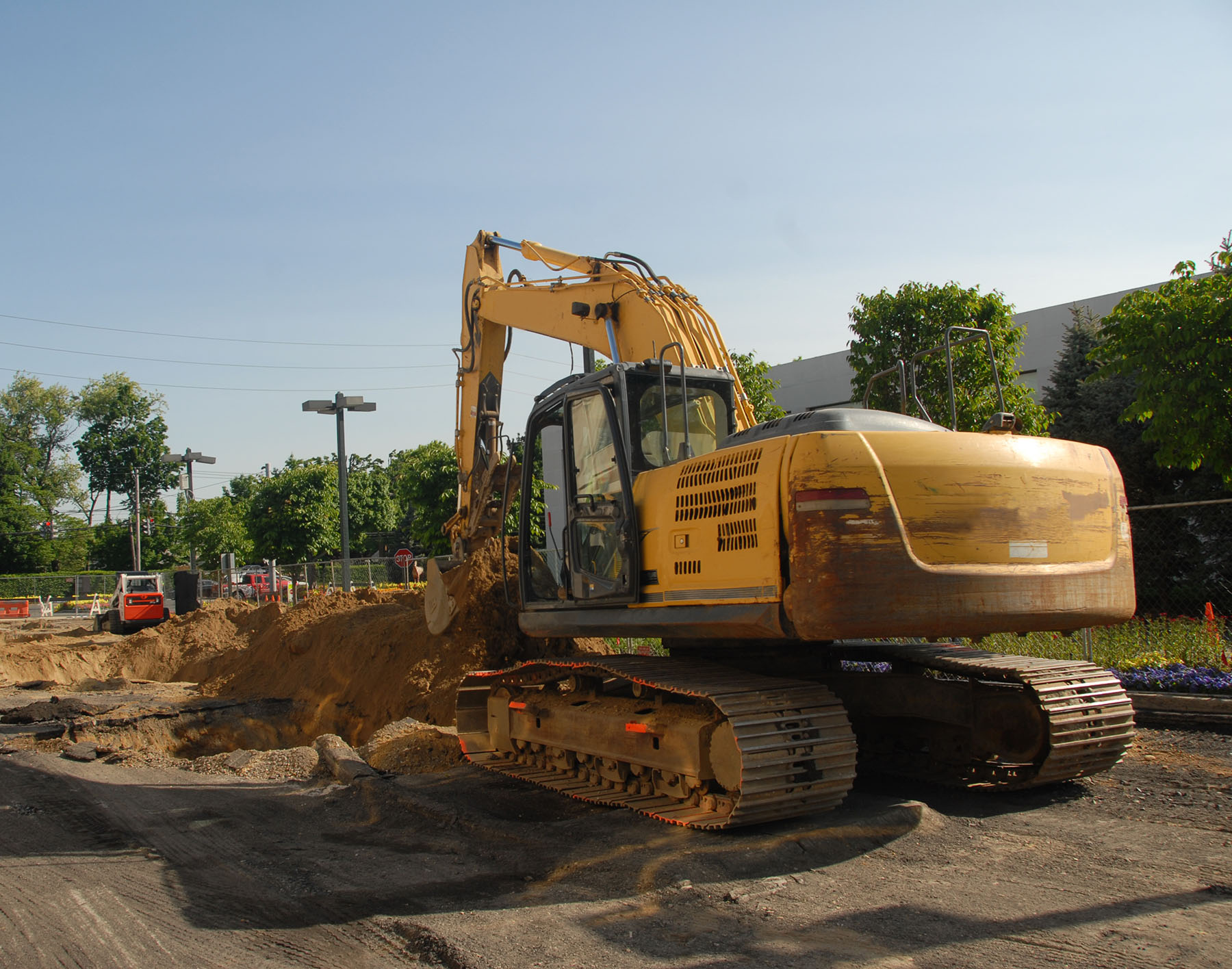What Role Do Technical Specifications Play in Construction?
Technical specifications are a crucial element of construction preplanning and contain explicit, comprehensive details regarding the proper execution of a given project. Carefully written technical specifications establish quality control standards for a project and should clearly specify what constitutes acceptable work.
Oftentimes, technical specifications are prepared and referenced alongside supplementary documents, including engineering drawings, figures, or other exhibits to express the desired output of the work as a whole. Proper preparation of technical specifications benefits all parties involved in a project and sets expectations prior to the commencement of work.
What are some common features of technical specifications, and how do they help improve quality control?
- Description of the general scope of work and intent
- Oftentimes, this is laid out at the beginning of the document and should provide a concise overview of the details of a given job, establishing the goal behind performing the work.
- Regulations and standards to be adhered to
- Citing specific regulations and standards that apply to the work and must be followed helps to ensure that the finished work product will operate as expected in a safe, efficient, and compliant manner.
- Material types and quantities
- Establishing the specific type of materials and the associated quantities of each will allow contractors to estimate the cost of the job best and prevent change orders or material delays in the field.
- Project hierarchy
- Within the technical specifications, the proper chain of communication and responsibility is to be established in case any conflicts or concerns arise over the course of the project. Technical specifications will clearly state which entities (client, engineer, regulator) have decision-making power based on the situation at hand. Technical specifications are always kept accessible on-site for reference by the field engineer and contractor throughout the course of a job.
What are general conditions? What is their role alongside technical specifications?
General conditions are typically documents prepared by a public or private entity (i.e., municipality, school or school district, manufacturing company, etc.) that establish guidelines that shall be applied to all work being performed on behalf of the entity. General conditions may contain facility working hours, anti-discrimination policies, insurance requirements, indemnity clauses, and more. For a bid or request for proposals (RFP), the general conditions are often packaged along with the technical specifications to provide prospective contractors with complete project information.
If you would like to learn more about how specification writing can improve the outcome of your future project, visit Walden’s construction management webpage, download our contractor services guide, or give us a call today at 516-614-4595.

Download Walden’s contractor services guide to learn more. Contact us at 516-614-4595 to speak with an experienced engineer about your next construction project.
